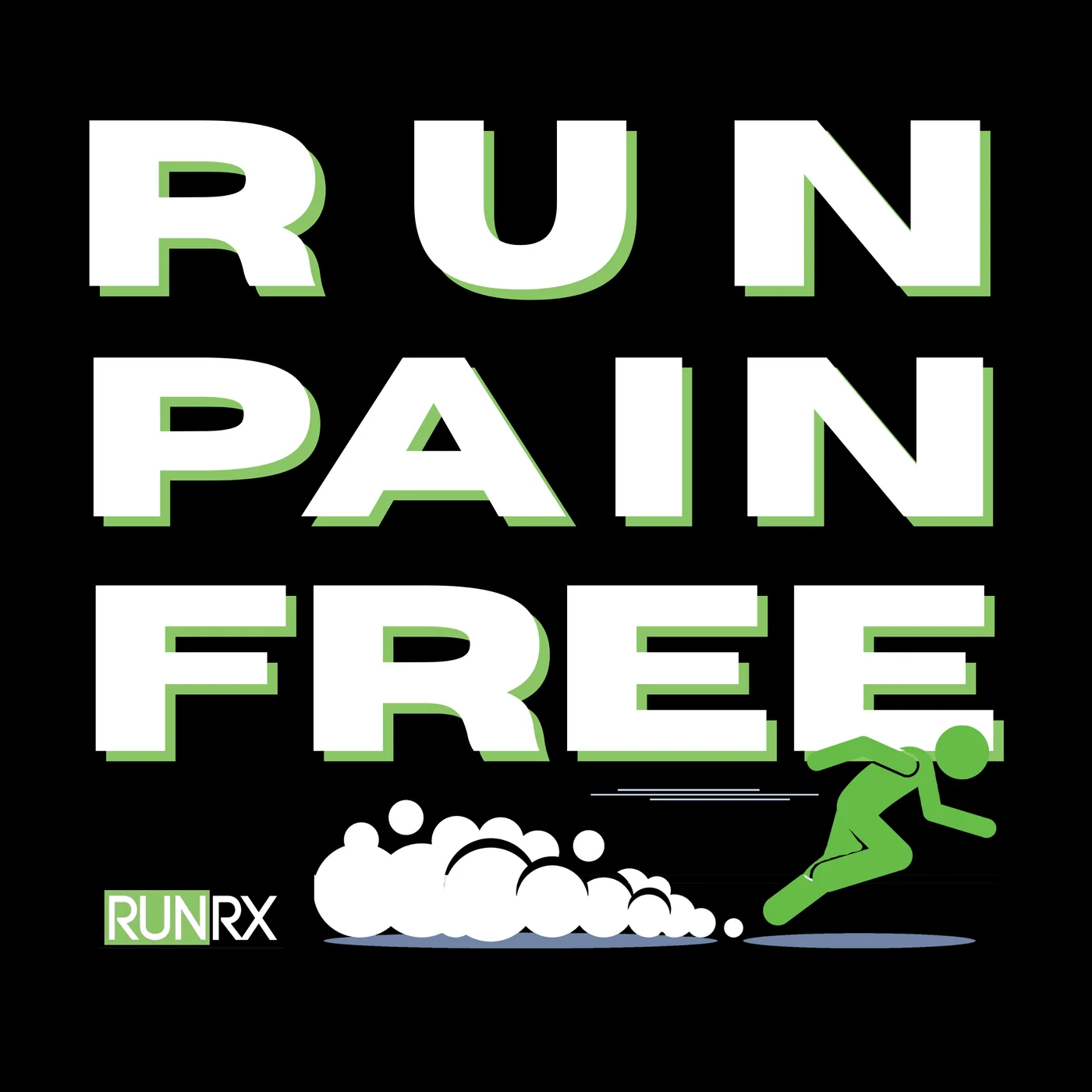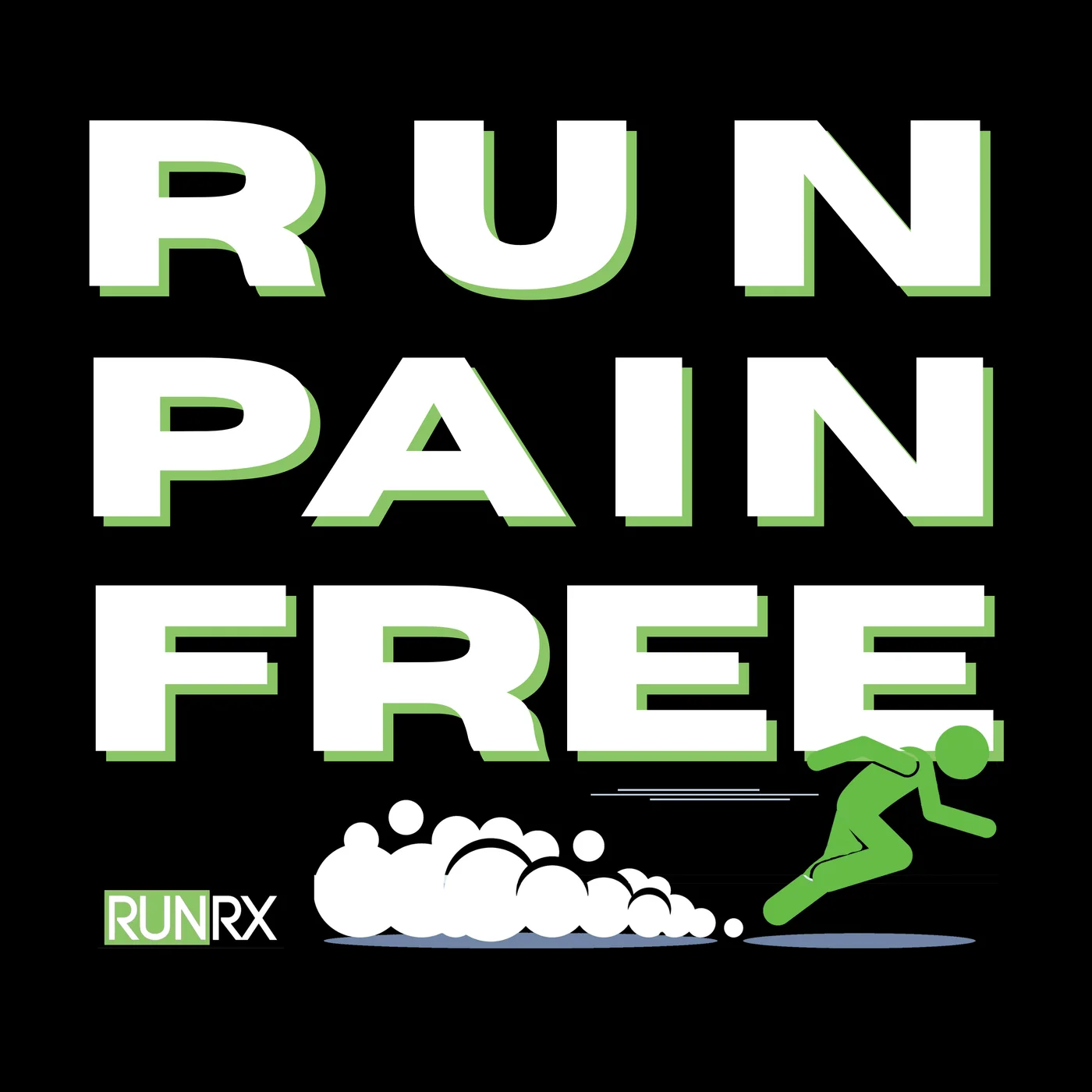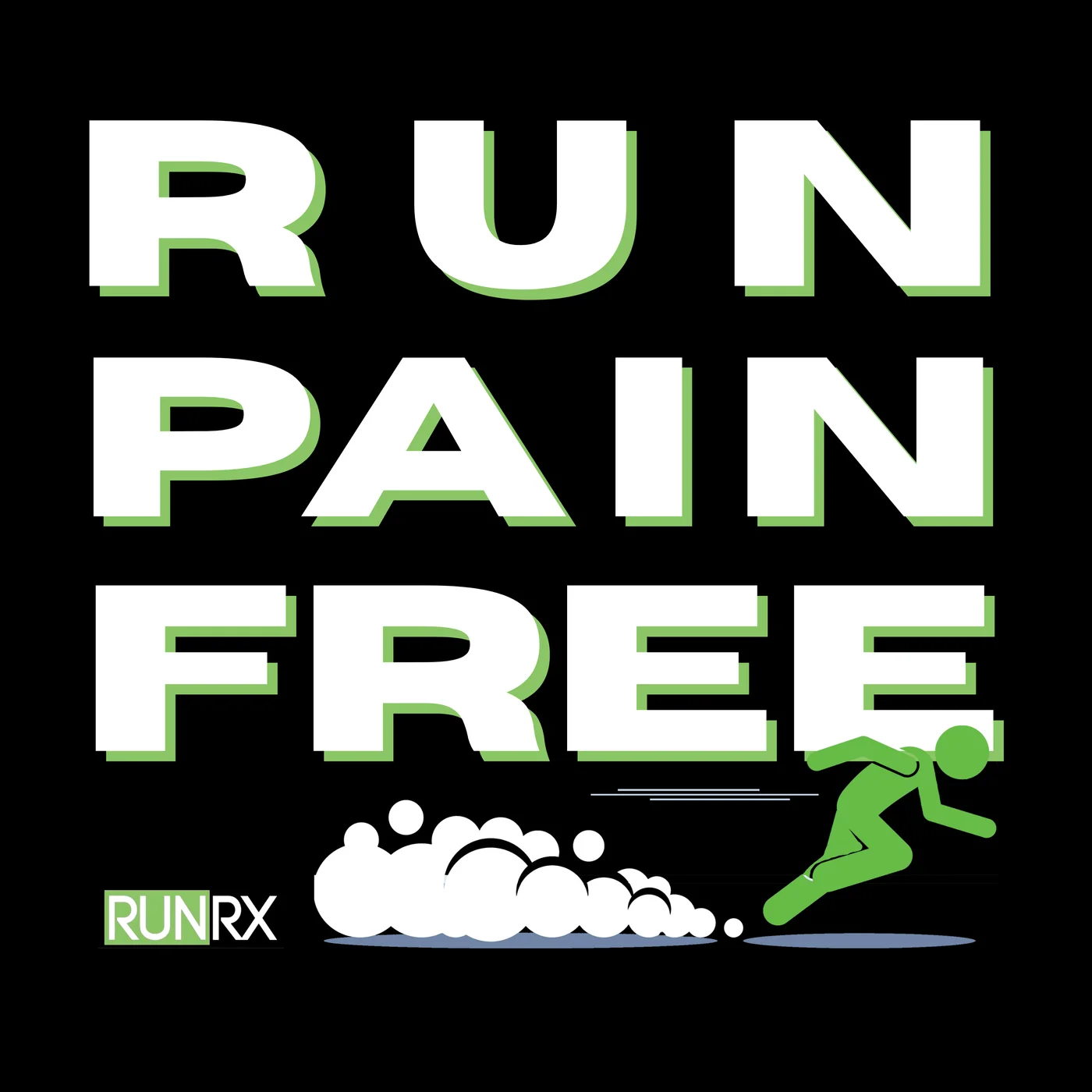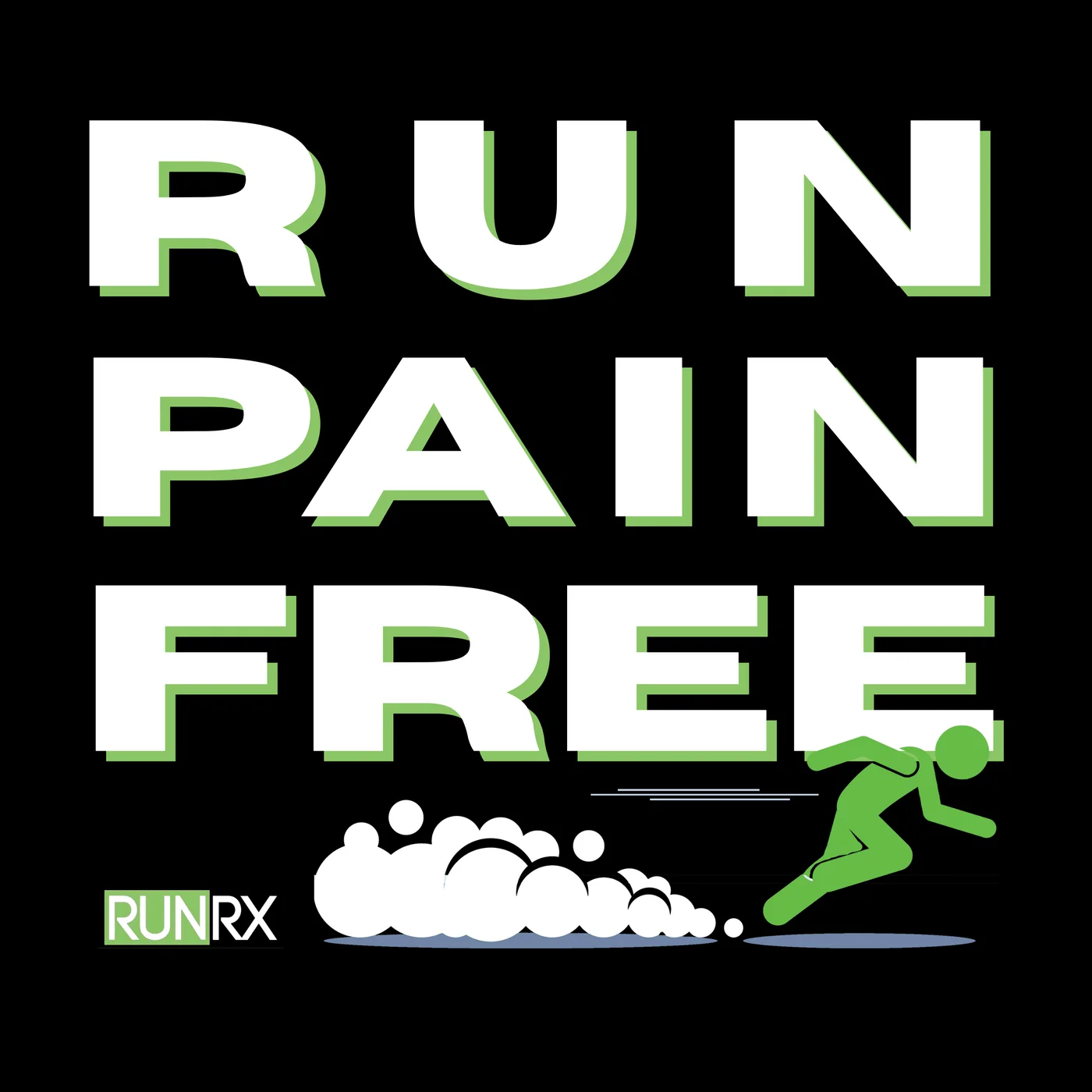
The RunRX Podcast

Beyond 26.2 — How to Train for an Ultra (Practical, No-Nonsense Plan)
20m
What makes an ultramarathon different from a marathon — and how should your training actually change? In this episode Coaches Caroline and Valerie explain the real demands of ultra running (road vs trail, time-on-feet, carry & fueling needs) and give a coachable, down-to-earth plan for runners who want to go beyond 26.2 miles without breaking themselves.
🔑 Key takeaways
- ✅ Ultra = any distance > 26.2 miles (common formats: 50K ≈ 31.07 miles, 50-mile, 100K, 100-mile).
- ✅ Train similarly to a marathon — but add time-on-feet: more total volume and more sessions that simulate long hours on your feet.
- ✅ Trail ultras aren’t just longer road runs: add technical trail practice, uphill/downhill drills, and terrain-specific strength.
- ✅ Practice carrying fuel & kit — learn how to run while carrying hydration, food, poles or a vest; practice fueling windows you’ll use on race day.
- ✅ Split your volume if needed — two shorter runs in a day (or back-to-back long days) protects recovery while building hours.
- ✅ Elasticity & drills matter more than extra minutes — short daily drills (ball-of-foot hops, cadence drills, strength progressions) build tendon resilience and reduce overuse injuries.
- ✅ Strength for endurance — full-body, bodyweight-first strength (glute bridges, single-leg work, core stability) improves endurance and helps you carry load.
- ✅ Fueling & pacing are a strategy, not luck — practice stomach tolerance in training so you’re not improvising on race day.
- ✅ Mindset: walk when smart, run when it helps — ultras are tactical; knowing when to power-hike or walk technical sections saves energy and time.
What to try this week (actionable)
- Do 3×30 seconds ball-of-foot hops after your warmup, focusing on light, repeated rebounds.
- Add one trail-technical session (45–90 min) on varied surface; practice short uphill power, short downhill control.
- Pick one weekday and split your run: 30–60 min AM + 30–60 min PM to start building time-on-feet without a single 3–4 hour block.
- Practice carrying 1–2 lbs of water/food on a short 60–90 min run to learn gait & hydration pacing.
- Add two weekly bodyweight strength sessions (squats, single-leg deadlift, glute bridges, planks) 20–30 min each.
Who this episode is for
Recreational runners stepping up to a 50K/50-mile or experienced marathoners curious about trail ultras — especially those who can’t run 6+ hours every weekend but want to get there safely and enjoyably.

